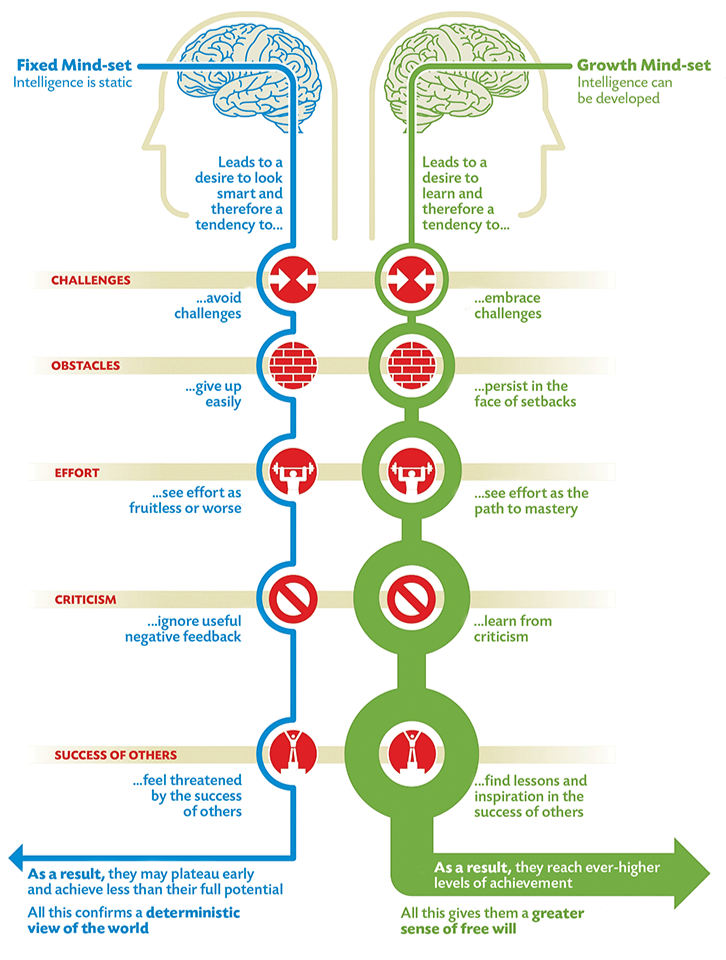Assessment Of/For/As Learning
- carolinetoop0
- Aug 31, 2025
- 2 min read
The goal of shifting from traditional assessment of learning, to assessment for/as learning is to create more self-directed, self-reflective learners that take ownership over their learning experience (Harapnuik, 2021).
In the Master of Physical Therapy Program at the University of British Columbia, objective structured clinical examinations (OSCEs) are used to evaluate students' hands-on skills and clinical reasoning. These are structured as a scenario with some background information about a patient accompanied by a task for the student to complete.
For example, the scenario could be:
“Ms. Toop is a 35 year old who sustained a sprained ankle during a soccer match four days ago. Assess range of motion and stability of the ankle. Provide two exercises to address any impairments that have been assessed.”
This learning activity is a great opportunity to shift from an “assessment of learning” to more of an “assessment for/as learning” model.
As of now, students are assessed by their instructors, with a rubric that has been determined by the faculty. You can see how this follows the “assessment of learning” model.
My plan to shift this learning opportunity to an “assessment for/as learning” model is as follows:
Have students discuss with a partner and create their own grading rubric for the given scenario. This prompts them to self-evaluate their own learning, and discuss with their partner to identify any gaps.
Give students ample opportunity to practice different scenarios with different partners. Having students evaluate each other allows them to compare their knowledge and performance with their peers. Practice with frequent feedback helps them master their skills.
At the end of every practice session, I will have students fill in a short form. This will help them self-evaluate further and develop a learning plan for themselves based on their reflections from the practice session.
The form would appear as follows:
Learning Plan
What worked? | |
What can I do better? | |
What do I need to review, discuss, or practice in order to get better? | |
What questions do I have for my instructors or peers? |
This allows students to deepen their learning, identify any knowledge gaps, and take ownership over their continued learning and mastery of skills in the Master of Physical Therapy program.
Reference:
Harapnuik, D. (2021, August 16). Assessment of/for/as learning. Harapnuik.org. Retrieved from https://www.harapnuik.org/?page_id=8900





Comments